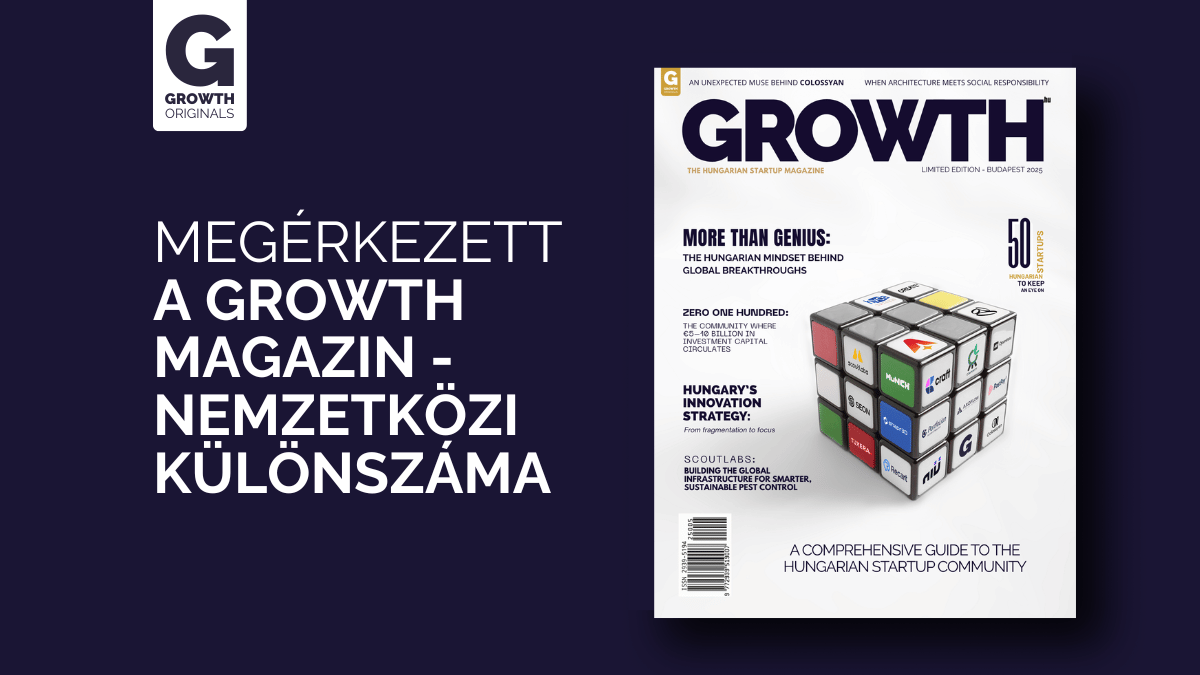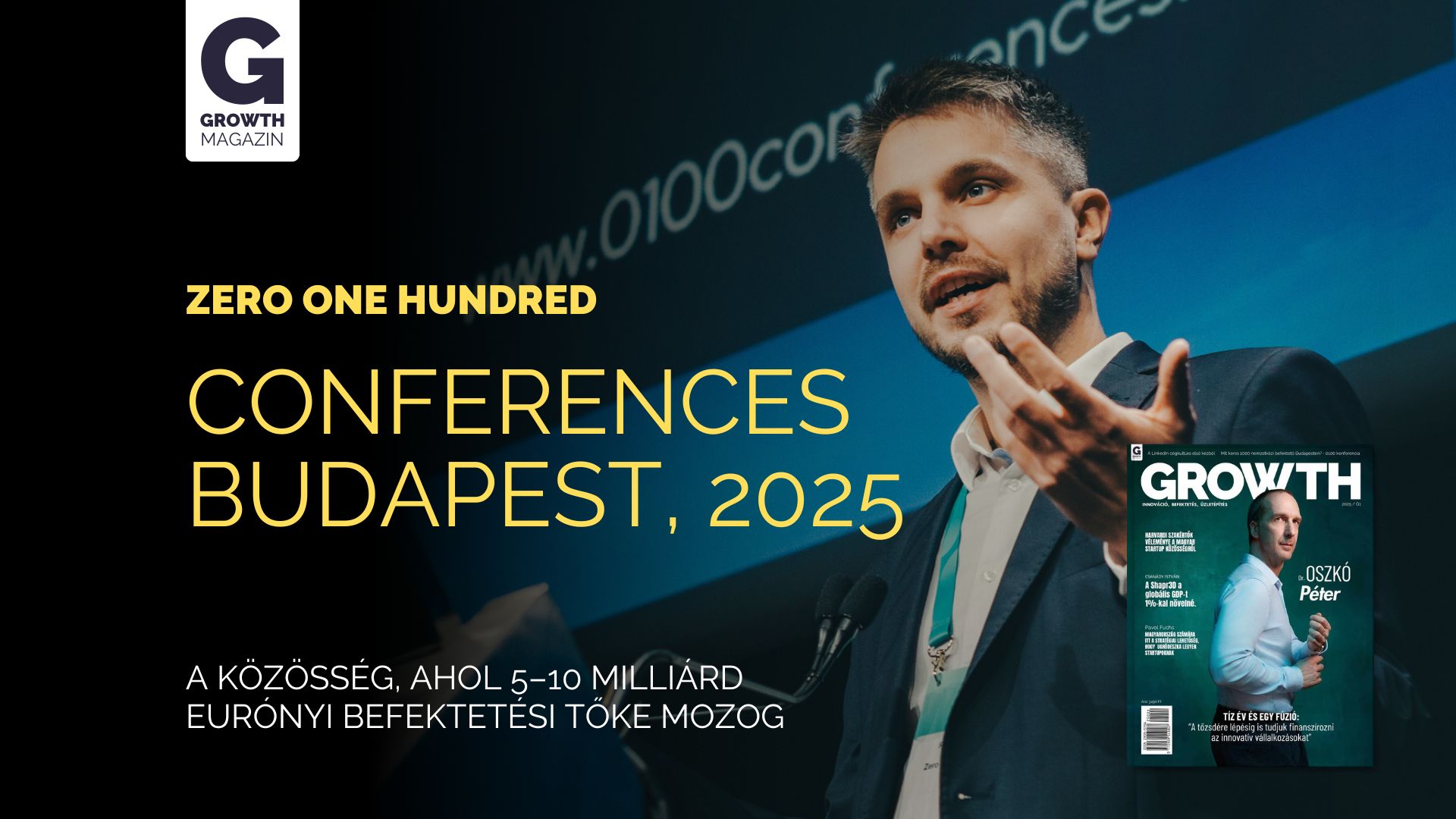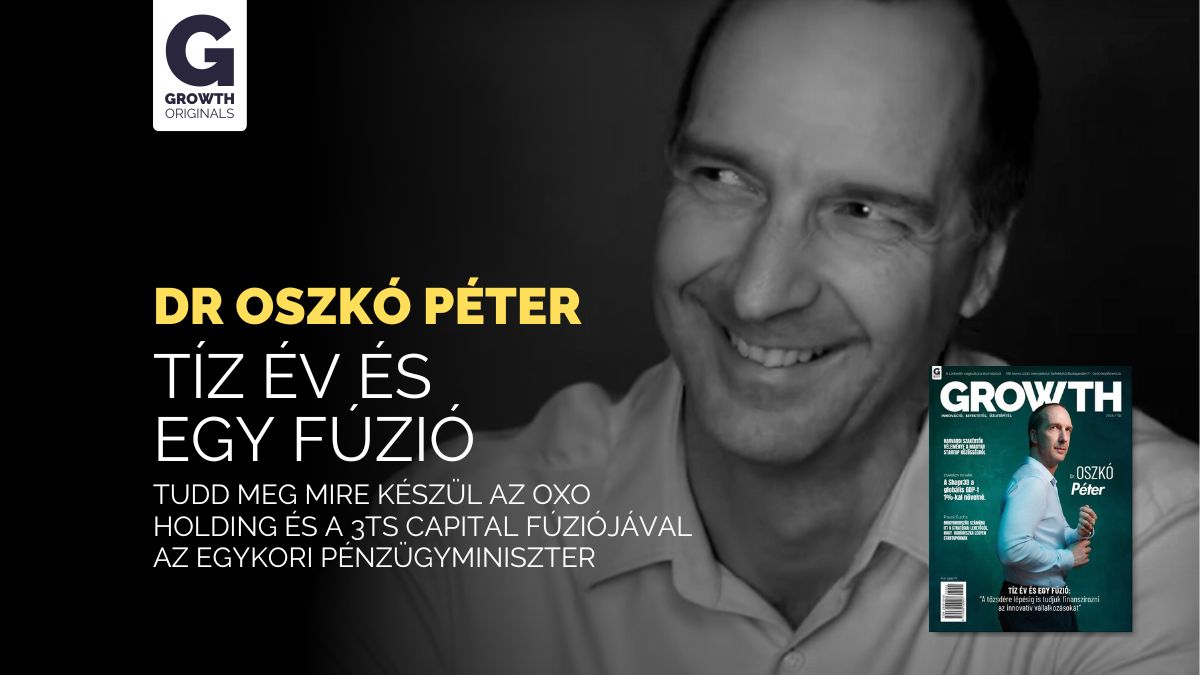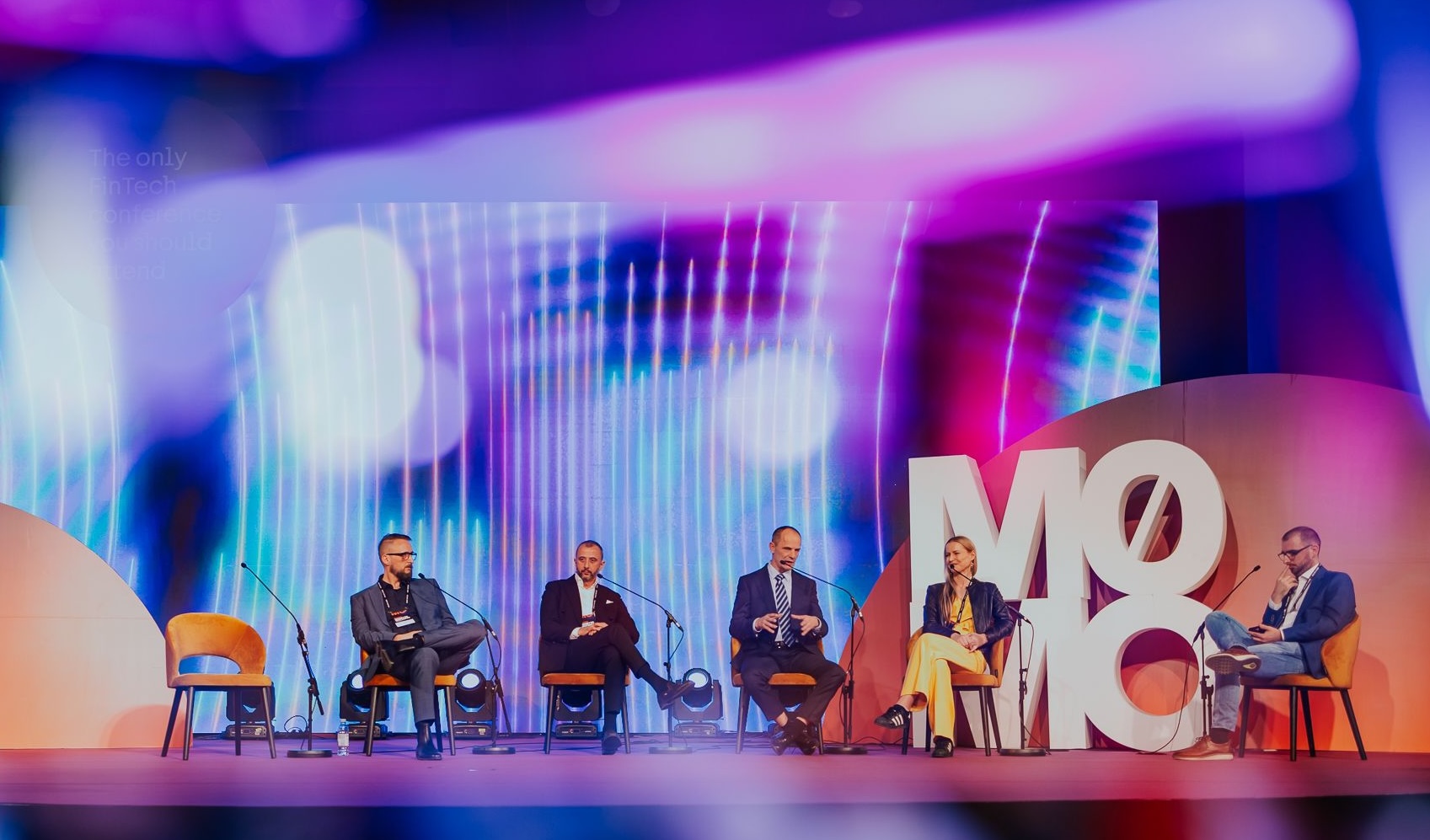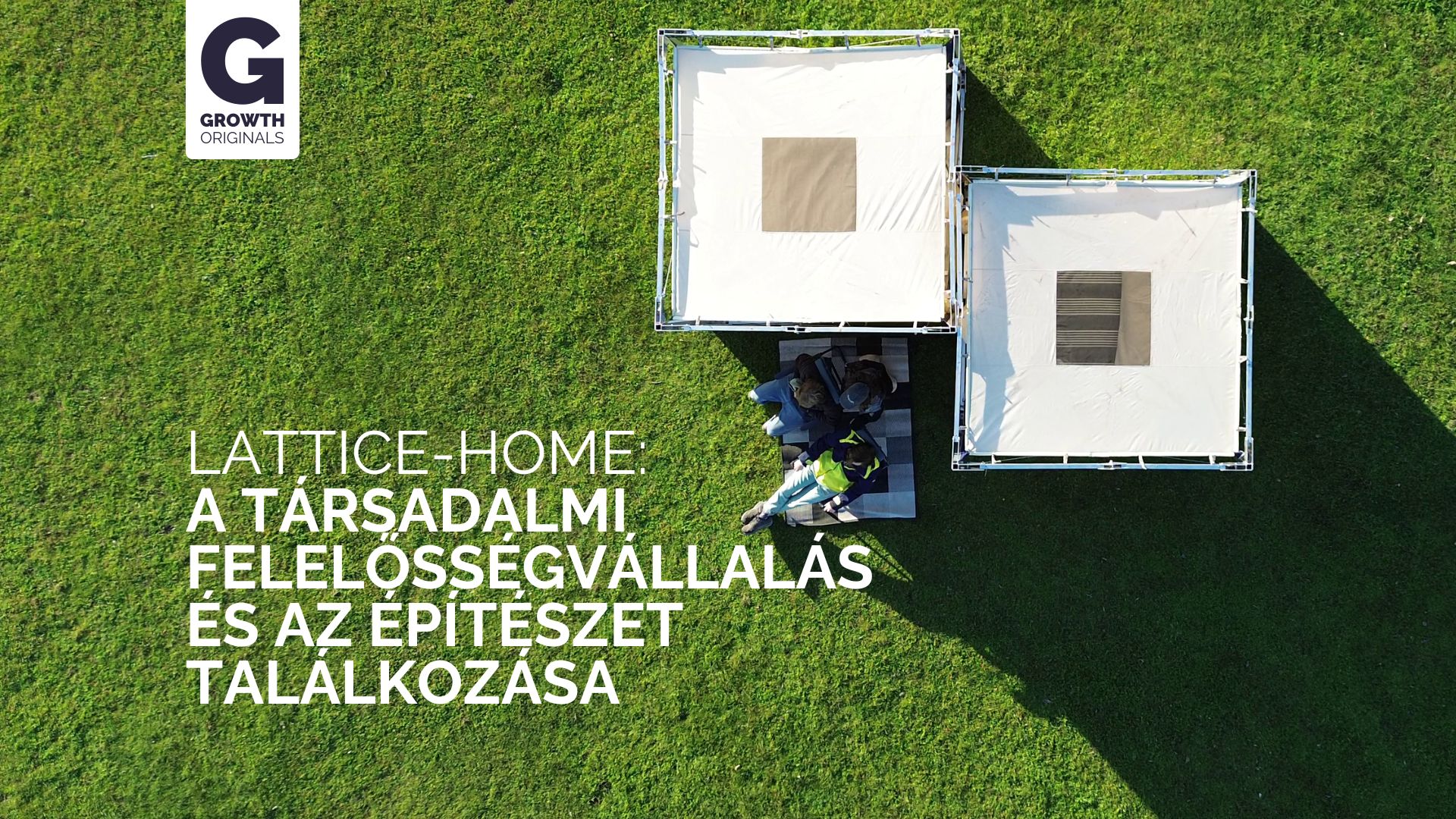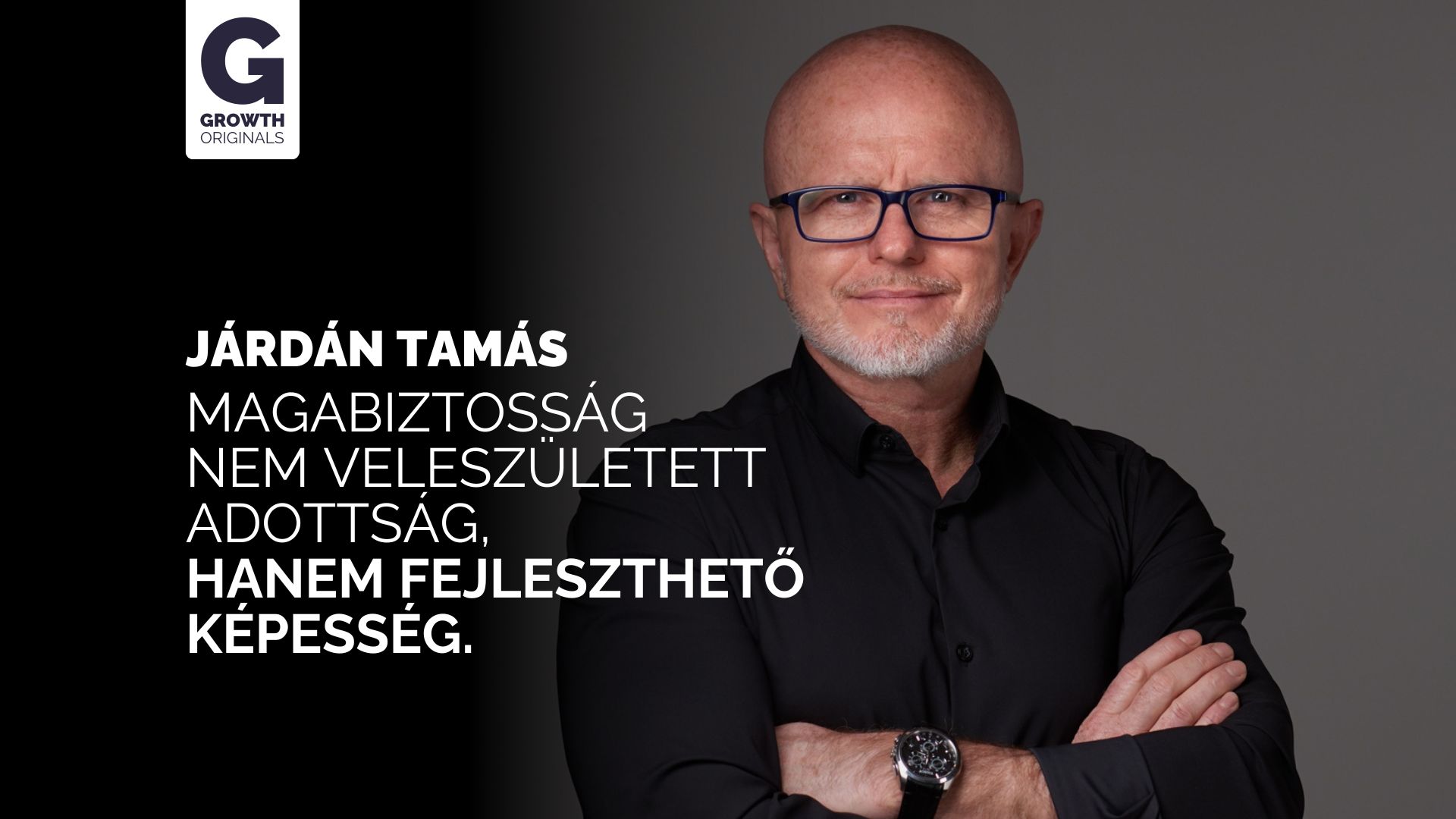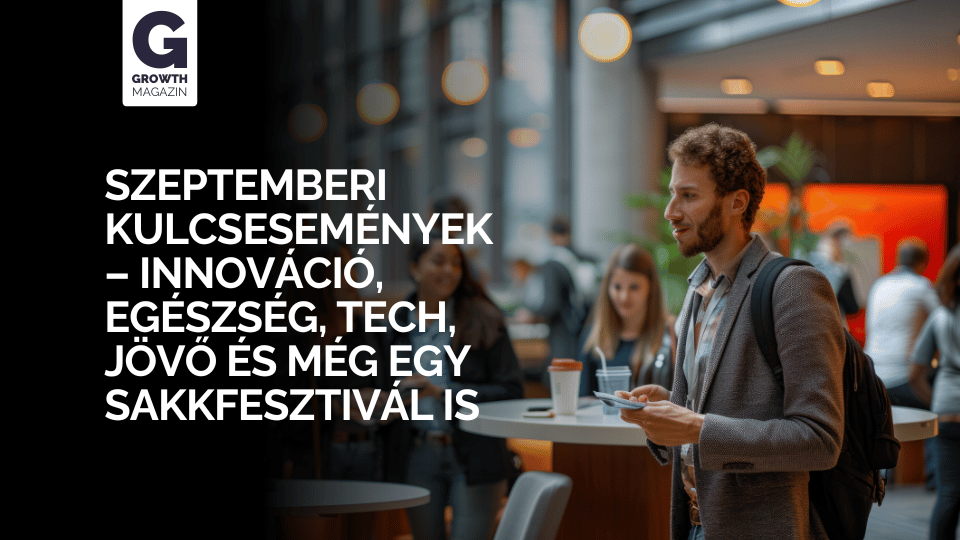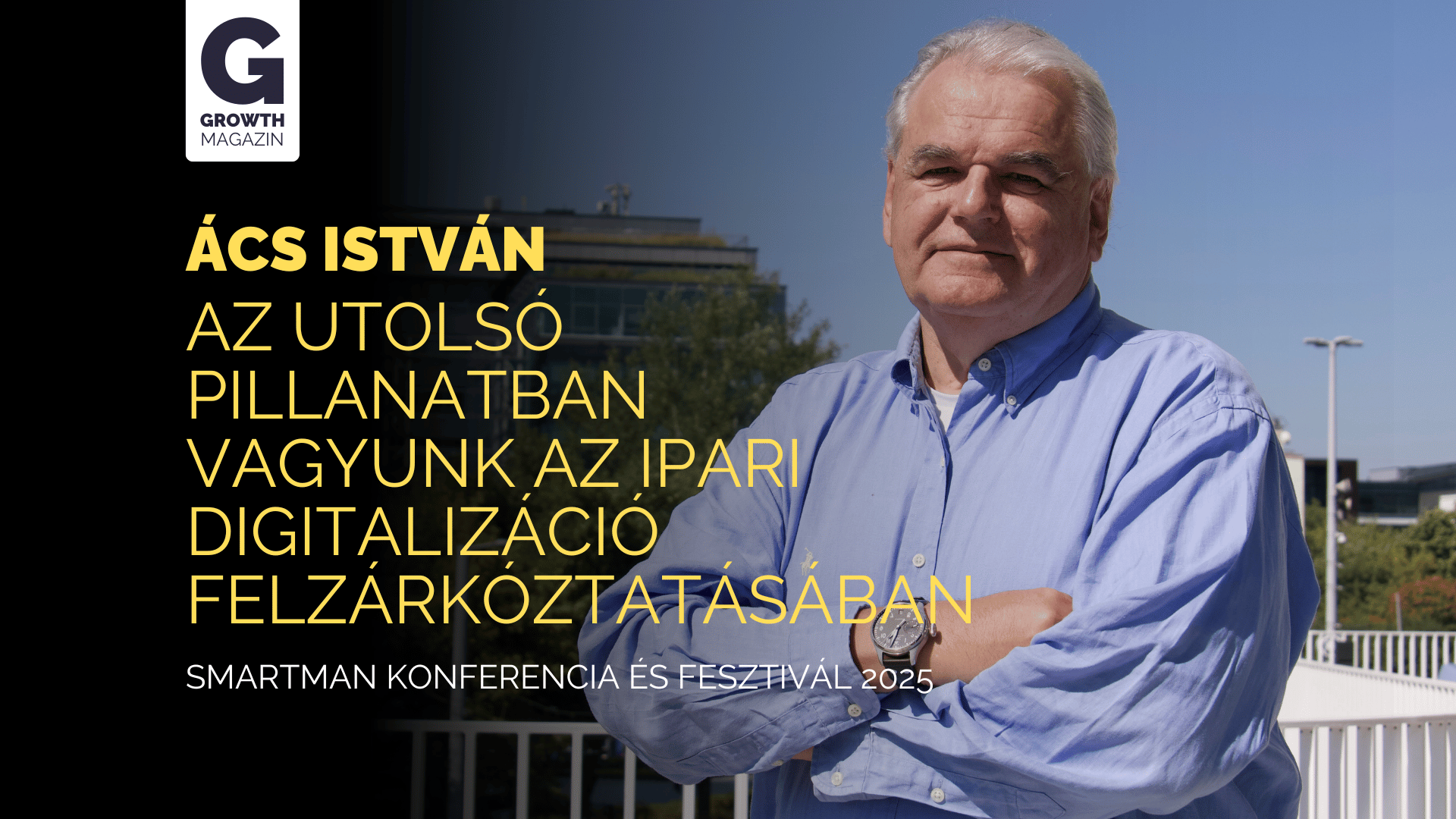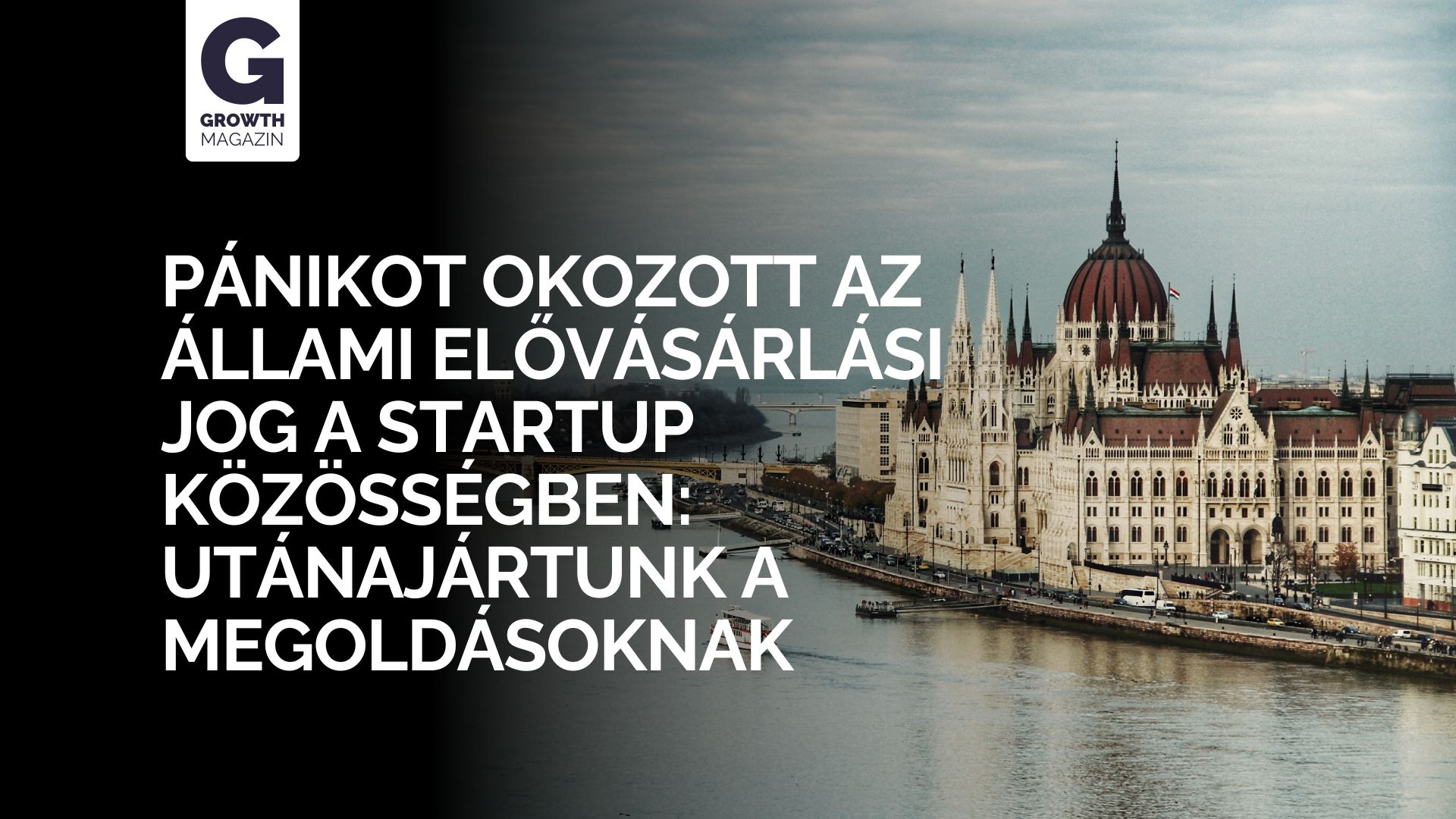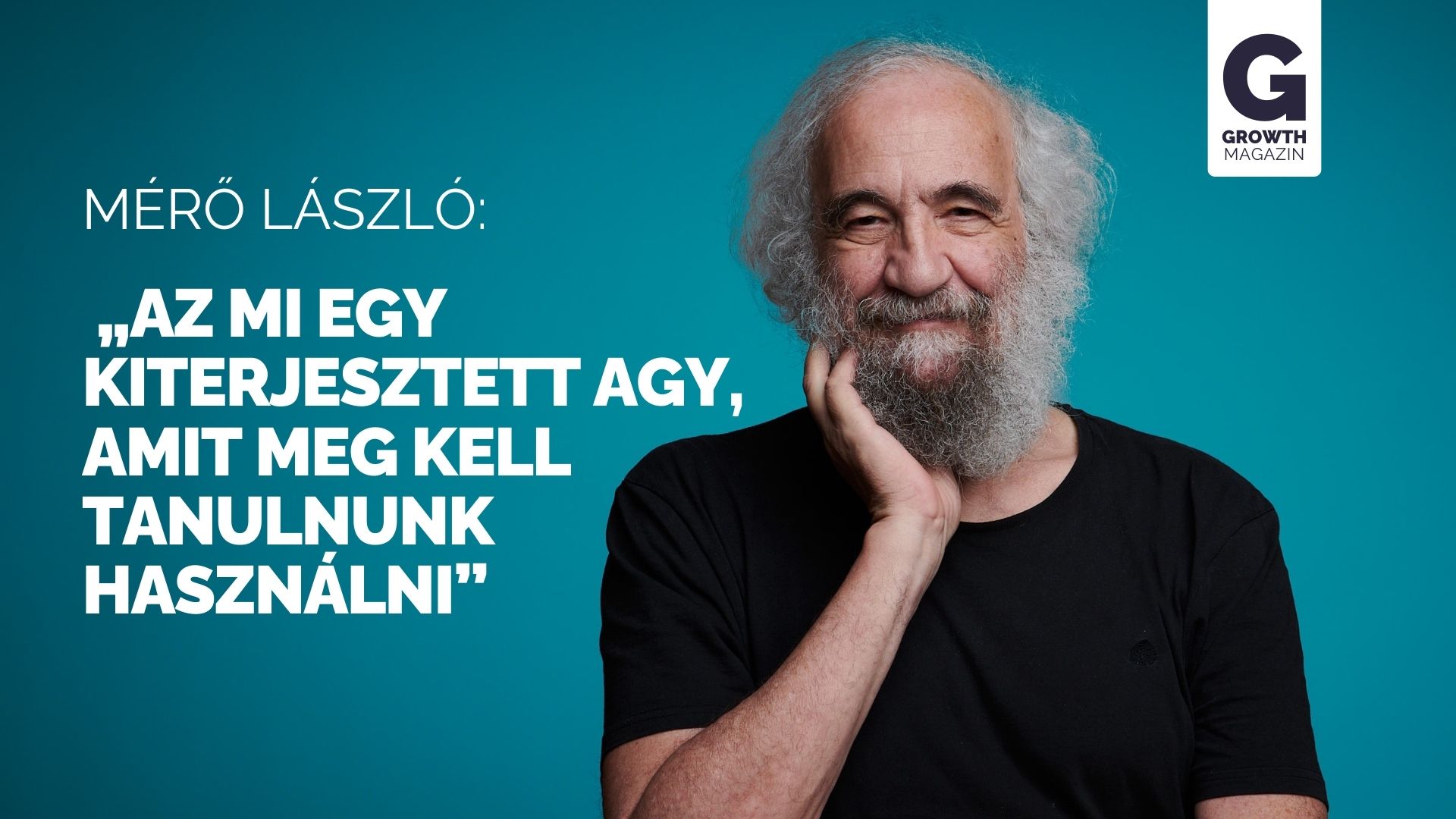SEON
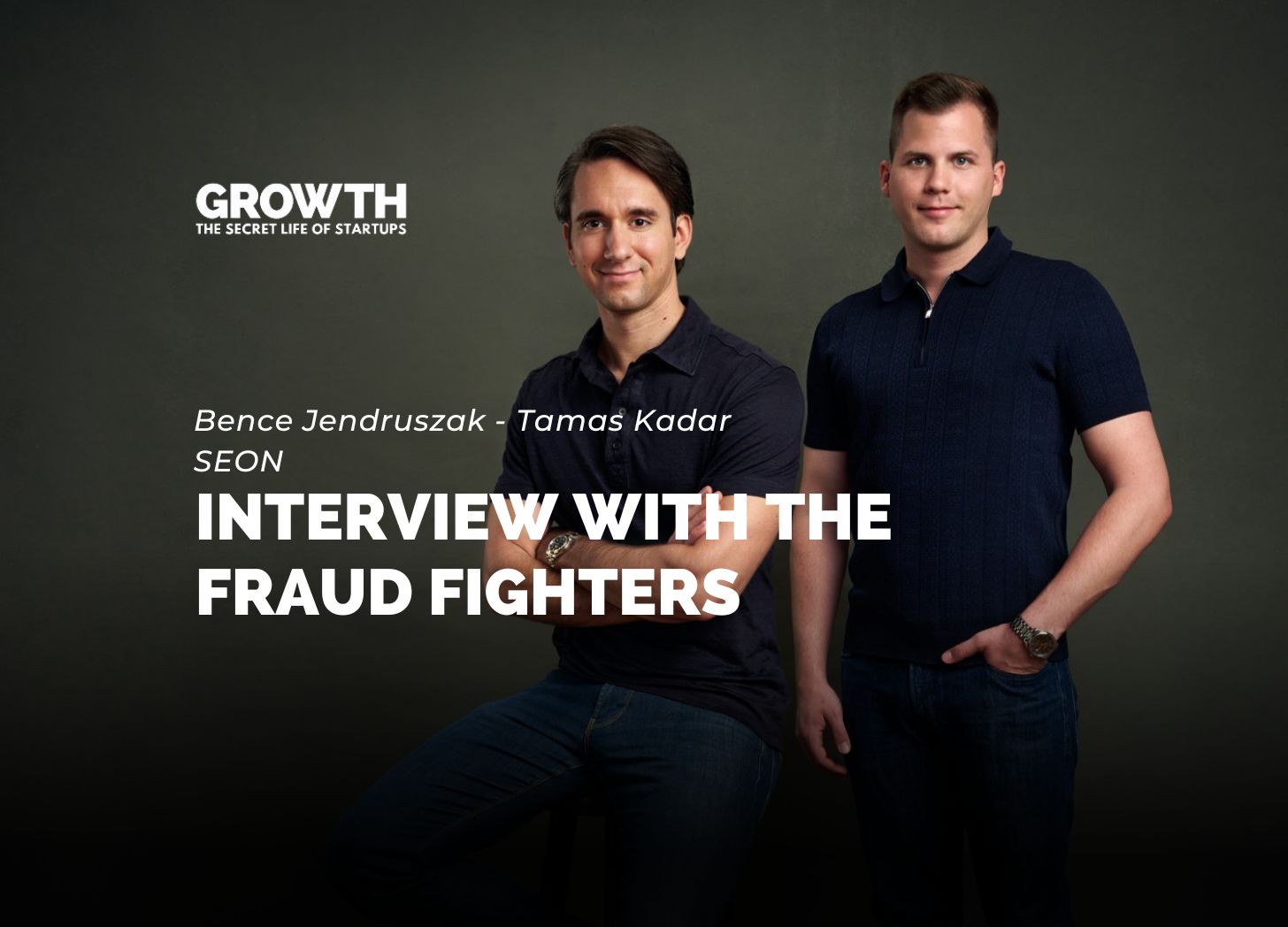
It all started a few years ago when two university students came up with the idea of SEON. We asked Tamas Kadar and Bence Jendruszak about the difficulties of the beginning, the current and previous challenges in the company’s life and what their future plans are for SEON.
So let’s start in the beginning! When did you start SEON and what was the purpose of its creation?
Bence Jendruszak: Sure, maybe jumping back in time Tamas and myself, we were good university friends. And we were actually building a crypto exchange, this was quite a while ago when crypto was nowhere near as popular as they are today. After starting to accept credit card payments in return for crypto we were faced with a bunch of fraud. So people were checking out with stolen credentials, stolen identities and we quickly realized that our business is going to burn to the ground if we don’t solve this issue rather fast. And all the fraud prevention players in the market were aiming for enterprise sales, having to sit through multiple discovery and sales calls, you know, to get a look and feel of the product, going through all the integration processes, costly commercials so we realized we are not the ideal customer profile at that point.
„We decided to build our own solution in-house, hence the reason why we are here today is because we completely pivoted into developing this full on fraud tool and that’s how it all started.”
And when was that exactly five or six years ago?
Bence: I think this was back in like 2015-ish. Tamas Kadar: Yeah, the crypto exchange was around 2016, end of 2015, and we launched SEON in 2017.
So you’ve been in the market for 5 years…
Tamas: Yeah, launched the product around the second half of 2017 so 4,5 years.
And which period was the most challenging for you?
Tamas: I would say the first 1,5 years, until we found our Product-Market Fit was very challenging but I cannot pinpoint even this timeframe as being more challenging than any other oncoming year. We always have different challenges and I think that we evolve with the team together. Even last year when we had this huge growth in terms of headcount because we’ve scaled up from forty-five employees to over 180 by the end of last year, and now we are more than 210. That was not easy to solve. And even this year we would like to increase the size of the team more than we actually did last year.
And how do you experience this rapid growth from the inside?
Tamas: It is a big challenge for both of us, and any member of the executive team. We’d like to learn as much as we can, and find advisors, mentors, even we are being coached. Business development-wise and on a personal level, we do our best to step up our game and adjust to the problems we have on a daily basis, and work together with the different stakeholders to tackle those issues. It’s definitely something we have never experienced before as first-time founders and entrepreneurs. I think this is a problem that every similar profile people have. I don’t think it’s really different. We speak with a lot of founders and we share a lot of similar challenges, so I think it’s not unique at all. Bence: Adding to that I also think it’s a really extreme growth from an external perspective, but internally, in our world dealing with these challenges on a daily basis, and we’ve seen it from day one, and we are in the office every day. So for us it’s kind of a natural growth path, right? That’s the point I’m trying to make. Nevertheless, resonating with Tamas, we constantly think about how we can become the best leaders in a year’s time away from now and what the next steps are in order to reach our new goals. That’s really important.
Let’s go back a little bit! You’ve received a huge investment even by European standards and some of the well-known angel investors joined in the last round. Could you tell me a bit more about that?
Bence: Sure, huge investments in European standards, yes. We have massive ambitions, we want to serve all online businesses and we want to become the go-to fraud prevention tool for any online business in a couple years’ time and for that we have to grow extremely quickly. Hence the reason why raising this massive round, and the angels coming in. We are proud and humbled at the same time, to see that these people, these founders, these people that we look up to believe in our company and in us as a founding team and an executive team, and in us as a SEON team as a whole. They are doubling down and putting their belief in us, and thinking that this is going to be the go-to fraud prevention tool in a couple years’ time so that is the reason why they came onboard and at the same time, as Tamas mentioned, we can rely on their expertise whenever needed.
Tamas: Just to add to this, we have really optimized for in the last two rounds to find smart money investors. So for us accessing their network and getting in contact with potential advisors, angel investors was really important. We were fortunate enough to set up this round for angels during series A which means that some of the best fintech founders could join and become points of contact for us such as the founders of N26, Tide, ex-CFO of Revolut, ex-VP of iZettle. We tried to replicate the same exact motion during series B, and we were again lucky to have IVP onboard who could invite their network and also set up a new round for angels to and some of the best service companies, chief stakeholders and some of the executives have joined.
What were some of the unexpected difficulties that you had to face during the company’s expansion?
Bence: I think it’s always different difficulties, and there’s also certainly a flywheel effect, you know, I’ve mentioned this in round table discussions before, let’s say you have a new massive customer knocking on your door that you have to onboard, from a technological and an engineering perspective, you have to scale up your solution, right? You have to provide a reliable service with a much bigger load on it from one day to another. Now with that you obviously have to scale up your tech team, your engineering team, now for scaling up your engineering team, you probably have to scale up.
So it’s sort of like a flywheel effect, whenever you try to ease up on blockers you just bump into further and further projects that you have to achieve and further and further milestones, that’s the beauty of it.
Somebody just told us yesterday that he heard a famous quote once: “You have to embrace and love the suffering and there’s beauty in it” basically.
How much the data you’ve collected contributed to your current results?
You’ve collected data or you’ve relied on your intuition at first? Bence: I think it’s always important as a founder to make a 360’ view over appropriate and at-hand information, so you try to make a decision and take everything into account and rely on as much external help as you possibly can. If you have angels to give feedback and a sounding board then even better and great but a lot of times at the end of the day you have to make your decision based on gut feeling. If somebody tells you some snippet of information or feedback and you have the feeling that’s not right for you, you shouldn’t go down that path. We always adapted this line of thinking. Sometimes we disagreed with our board, our investors, and we went down a totally different path then they would have advised. It seems like it worked out so far. So I think that’s important, you just have to rely on your gut feeling sometimes. Tamas: I think, without data it’s very hard to make a decision, so it’s not always your gut feeling that you should rely on. So for us, every department is oriented around OKRs, they have specific KPIs to reach as targets. We have built out internal dashboards for the commercials, so sales, marketing, finance, all these teams have targets to hit. And we have specific graphs to look at to see how much we are on or off to targets so that we can always optimize our strategy and to get there where we want to be.
As founders what human traits do you think inhibit business growth?
Tamas: We try to hire people who really resonate with us, we are always looking for people who are overachievers and high performers, also so-called “A-players”. Every person in our organization has a specific impact and given that we are in this hyper growth stage, we need those people “who can get their hands dirty” and contribute to the bigger vision and help us to take off different tasks from our shoulders. In the sense of building out the chief team with people who have joined very early in our journey, and they have grown together with us. Also, we try to hire very similar people, and of course, we cannot always hire the best talents, but I think people who are joining our firm are quiet, let’s say they are in the top 10% of the market, in terms of talent. That’s what we are trying to optimize for, and we pay on top of the market range in order to find these talents and help us just to grow faster and get to our target in a quicker way.
Why do you think most startups fail in the beginning?
Bence: Good question. I mean, there’s a number of different reasons for failing. I can tell you why I think we didn’t fail. The reason behind that is probably a very high amount of dedication from our end, so a lot of times things were not easy, nevertheless, we are glass half full type of people, so we try to just look at further milestones down the road and where we have to arrive at rather than what the potential blockers are, and why we wouldn’t be able to get there. We were not trying to look at that perspective necessarily. Maybe, some startup founders fall short of that. I also like to think that having a co-founder helps a lot, because you can always rely on each other’s feedback. You can always rely on each other to sort of motivate one another. I’ve been thinking about this recently, if I was a sole founder, it would definitely be much harder, because there’s no feedback loop from anybody else that I can rely on. No good answer to why some startups fail, I haven’t been able to solve that one yet.
Tamas: Essentially, the good synergies between us as co-founders helped us to survive. I think many startups fail because they can get distracted by the investors on the one hand. On the other hand, they can also have a different vision about the product or for the teams or where the company is heading to. When they get to this kind of passive-aggressive state, where people don’t want to transparently share their problems and challenges, it ends up not actually helping the growth of the company and building those legends which can help to take it to the next level. I really think that by creating a very open, honest and transparent culture helped us to always tackle the problems with joint efforts from every participant’s side. For other companies, we’ve seen that they raise huge amounts of money but they don’t try to make a profitable business and then, when things go south, they face actually many more problems than those companies who were from the beginning were in a very lean mode. So being conscious about how they spend your money. We were always following the lean methodology, it helped us to always be very conscious about the investments we make and focus on the outcomes, proper ROIs, which I think is essential to build a healthy business.
You’ve mentioned earlier that your goal is to be the go-to fraud prevention tool for all online businesses. Do you have any other milestones set out for the future?
Bence: I think it’s a bold enough milestone, a bold enough vision in itself. What that is going to require is a set of targets to hit and other sub-milestones in the meantime which is widening our product portfolio, covering more use cases of fraud than anybody has ever covered before, making our solutions accessible to as many verticals as possible and so on. There’s a bunch of things we have to do in order to get there for sure.
Last but not least, if SEON’s story was a movie, what would be the genre and which actors would play in it?
Bence: Maybe Johnny Depp and Amber Heard for a get-together story in a horror movie. Tamas: I think maybe, it would be Back to the Future that would be very funny. But I actually never came across this question so I have to spend some time with Bence to discuss what other movies we could resonate with. Bence: Probably some comedic elements in the meantime.
Tamas: High School Musical?
Bence: We haven’t really given it a lot of thought, but it’s a funny question. Probably a lot of comedic elements because we’re both cracking jokes all the time while we spend most of our day together. But also a lot of drama.
Tamas: Or Wolf of Wall Street? Bence: Oh no! We should cut that one out.

